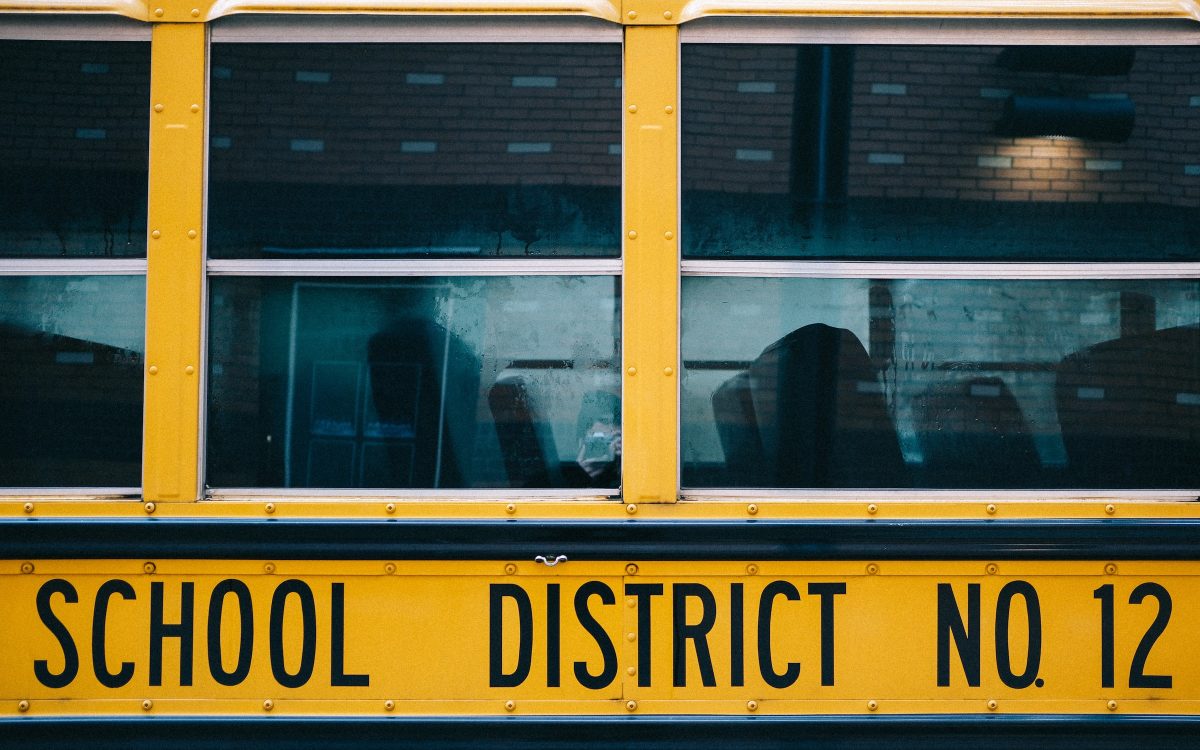Though dozens of schools bear his name, the American education system has made limited progress in advancing Dr. Martin Luther King’s dream of economic and political equity. This May marks the 70th anniversary of the Brown v. Board of Education ruling that school segregation is unconstitutional. De facto school segregation has nonetheless persisted, with the Economic Policy Institute reporting in 2020 that Black students are more than twice as likely to attend high-poverty schools as their white peers. 60% of Black students are concentrated in high-poverty schools, predominantly serving children of color.
Battling the consequences of state fiscal abandonment like dilapidated school buildings, unsafe drinking water, and a revolving door of underprepared teachers, these underfunded “apartheid schools” attended almost exclusively by low-income students of color have to work twice as hard to provide students with a quality educational experience—one that is rich in critical thinking, collaborative project-based learning, and opportunities for autonomously student-driven work.
This “deeper learning” historically reserved for “elite” students is now in demand across the knowledge-intensive job market and postsecondary educational spaces awaiting students upon graduation. High-poverty schools with elevated teacher attrition struggle to provide these crucial skills, leaving graduates scrambling to catch up to and compete with their peers. This failure is both a national problem and a signal that our civil rights work is not yet done.
You are reading our daily newsletter, sign up to get it delivered to your inbox every morning.
In The Civil Rights Road to Deeper Learning, we document the progress made in equalizing educational and life opportunities, and the work that is yet to be done. We offer a blueprint for policymakers, civic leaders, community members, and the Departments of Education and Justice to decisively pursue the next steps on the civil rights road to equity by ensuring that well-resourced, safe, community-centered, and student-centered schools that provide access to rigorous and relevant learning are available as a universal right.
As Dr. King made clear, advocacy for civil rights isn’t a zero-sum game. When schools focus on social and emotional learning rather than punitive disciplinary policies that disproportionately affect students of color, for instance, all students benefit. When states invest in equitable school resources, achievement gaps are reduced and graduation rates soar, ultimately improving state and national economies for all citizens. Instituting policies to allow all students the opportunity to thrive regardless of their race, identity, or socioeconomic background will benefit all Americans. This MLK Day, let’s demand that our schools provide all children with the equitable, empowering education they deserve.
